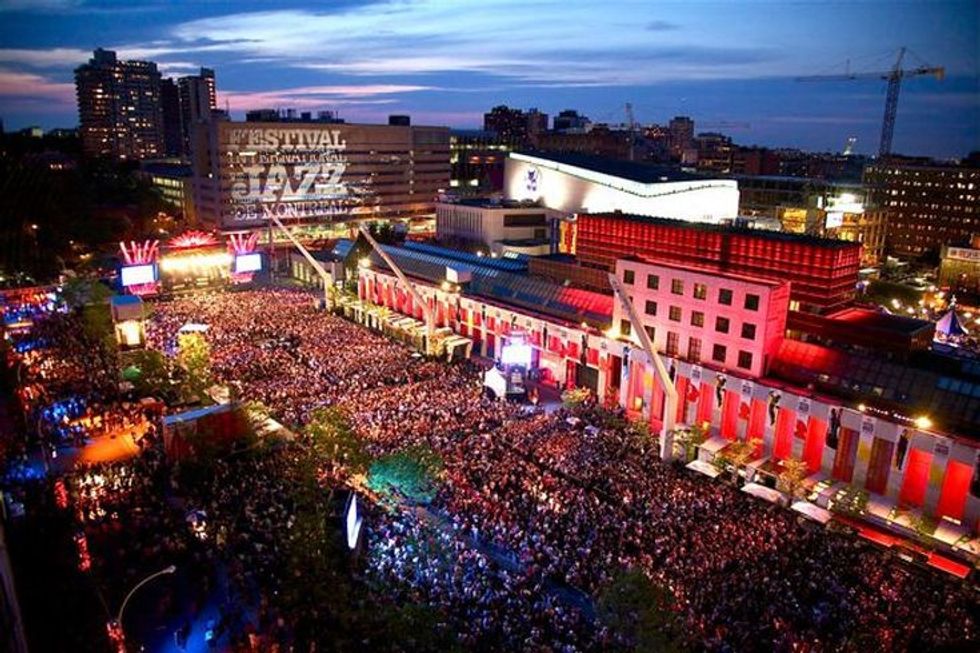Study: Cities Need To Understand Holistic Nature Of Live Music
City politicians know that live music supports local economies by bringing tourists and attracting young people to settle and gentrify neighbourhoods, but there needs to be greater forethought given by planners in town halls across the country.

By FYI Staff
As many small and medium-size live music venues across Canada are struggling due to lack of funding and revenue, new SOCAN research suggests that seven-in-ten city dwellers 35 and under think it's important to live in a neighbourhood with a vibrant local arts scene that includes live music.
The PRO study cites evidence arguing that cities should play a critical role in maintaining local arts and music scenes and identifies steps that can make this happen.
Providing live artists with realistic housing options, bringing cultural groups together to encourage discussions around the arts, and examining local development fee structures so they consider live music venues are among the suggestions offered.
SOCAN also notes that often in Canada, property developers are “rightfully required” to contribute to community infrastructure and amenities when they build in an area – providing funds that go to libraries, park development, and transit projects, for example. The org argues that live music venues should be considered for these types of funds and that an overwhelming majority Canadians surveyed agree. The study reports that 91-percent of Canadians living in urban Canada who want to live in a neighbourhood with a vibrant local arts scene agree that a portion of development fees should support live music.
"The results of this study solidify what we at SOCAN have long known: that Canadians have a passion and desire for live music at a local level," commented SOCAN CEO Eric Baptiste.
"Many cities already know that live music supports the local economy by bringing tourists and attracting young people to settle and contribute to the local economy. We hope these recent findings will further encourage municipalities and citizens to come together, foster our unique Canadian music culture, and keep building vibrant Canadian neighbourhoods.
"The idea of saving music and arts scenes throughout Canada can seem like a daunting task, but it can be accomplished by simple gestures such as enjoying live music in venues that are already license-compliant," Baptiste continued in a prepared statement. "It is a small step, but it means that Canadian music creators and publishers are being compensated fairly, which allows them to support themselves and create more music for our collective enjoyment."
– A survey of 1,080 Canadians living in urban centres was completed online between August 1-11, 2017 using Leger's online panel, LegerWeb. A probability sample of the same size would yield a margin of error of +/-3.0%, 19 times out of 20.

















